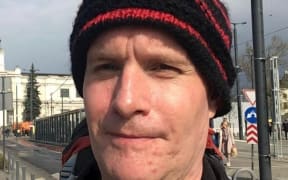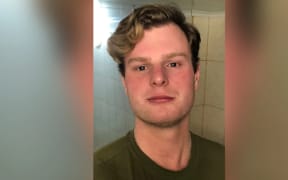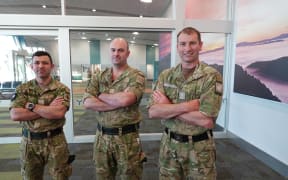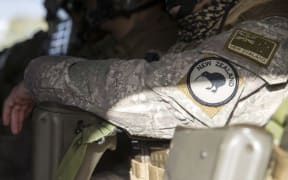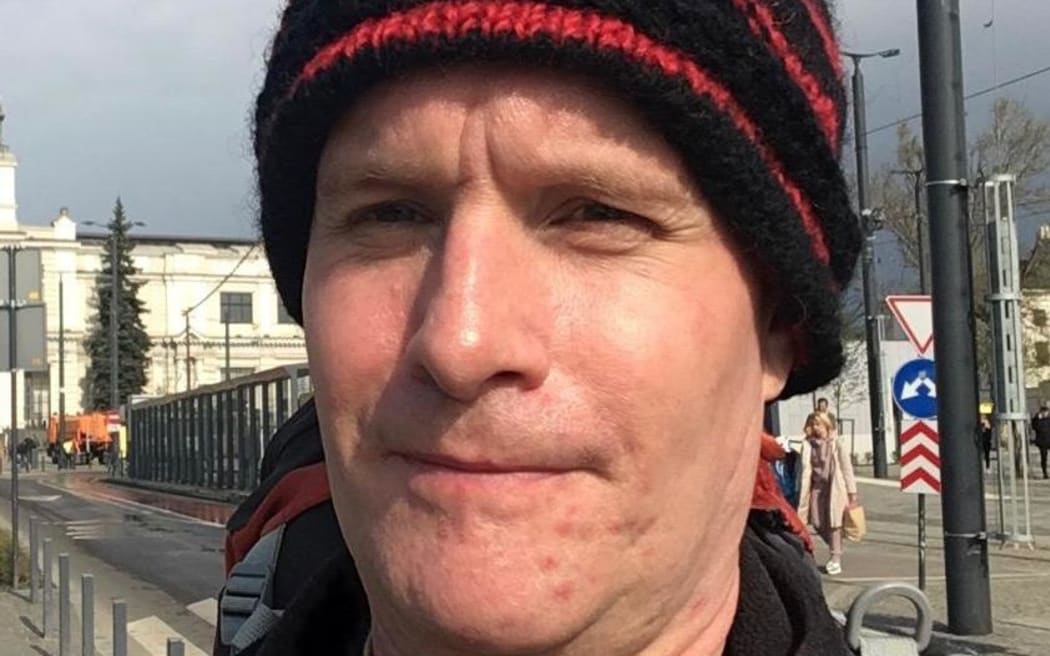
Andrew Bagshaw is missing in Ukraine. Photo: Supplied / Susan and Philip Bagshaw
A New Zealand soldier says many volunteers are under-equipped to be in an active warzone.
Andrew Bagshaw, the son of two prominent Christchurch doctors, has been reported missing in Ukraine after volunteering there since April delivering humanitarian aid.
The BBC reports that 48-year-old Bagshaw, who is a dual New Zealand/British national, and British national Christopher Parry, 28, had been in Kramatorsk in eastern Ukraine, where there had been reports of air strikes in recent days.
The soldier, who did not want to be named, told Morning Report volunteers going into volatile areas needed some form of training.
"It's more the fact that some of them aren't using personal locator beacons or armoured vehicles or ... any form of upper-level support."
While the volunteers did a great job, things could change very quickly in an active warzone and it was not somewhere anyone without proper training and equipment should be, the soldier said.
Mike Seawright from ReliefAid said even if Bagshaw did have a personal locator beacon on him, which was unlikely, he would probably not be able to use it if he had been detained.
It was an extremely volatile situation in Ukraine and a difficult place to work, he said.
"Andrew and his team of volunteers will be facing missile and artillery attacks. There's the possibility of detention by Russian forces which we've seen with humanitarian workers, the very real risk of landmines and unexploded ordinance."
There were many local and international volunteer groups working in Ukraine, and the fact Bagshaw had been there for some time was testament to his commitment to delivering aid and helping Ukrainian families, Seawright said.
To try and ensure its relief staff were prepared for such a volatile situation, Seawright said ReliefAid tried to recruit professional humanitarian staff who had experience on the ground.
"As an organisation we define evacuation routes, identify help points in the event that something goes wrong cause there's always that very real risk.
"We have communication protocols to make sure that when they're travelling from point A to point B that if they don't turn up we know where they were, and we have protocols in place to understand who to contact to find them."
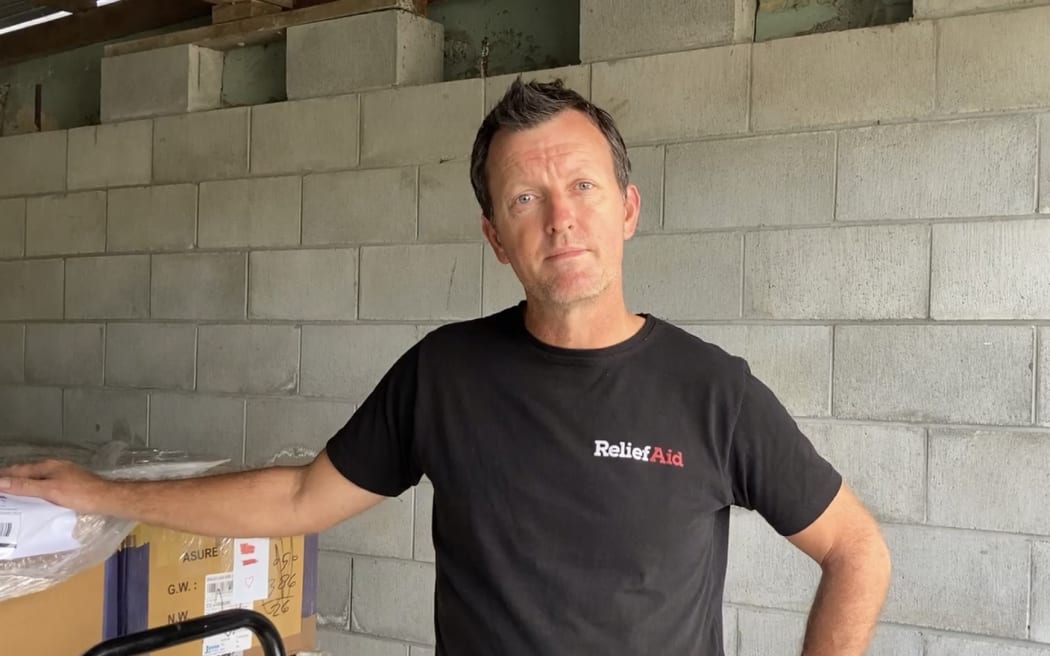
Mike Seawright from ReliefAid. Photo: Supplied
There was also a more general analysis of the security situation such as looking at the patterns of attacks and ensuring staff were aware and trained to deal with those, he said.
Bagshaw was believed to have been helping evacuate Ukranians from a region where there was heavy shelling, which Seawright said was extremely dangerous.
For example, ReliefAid helped to evacuate Ukrainians from Mariupol which was under heavy Russian shelling at the beginning of the war.
"To do this vehicles with volunteer drivers were driving into Mariupol with no one on board, picking up people in areas that were under constant attack and then having to pretend when they passed back through Russian and Ukrainian lines, well Russian lines specifically, that these were their family members."
They were doing this on a daily basis, Seawright said.
"This is extremely dangerous, not just from the risk of a missile strike and being caught in the cross-fire of active fighting, but also in the event that they were discovered to be smuggling people out."
If caught volunteers faced a very real risk of detention and the consequences of that for humanitarian workers could be dire, with some still in captivity, Seawright said.
